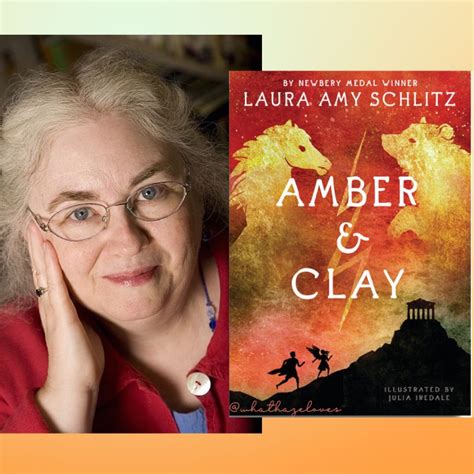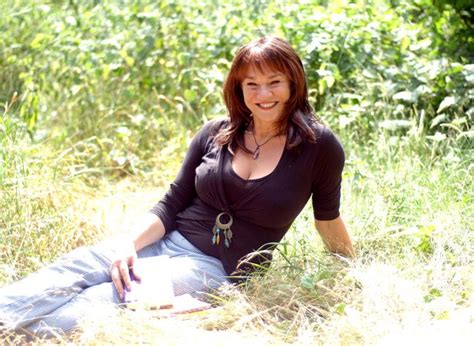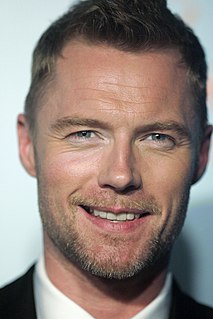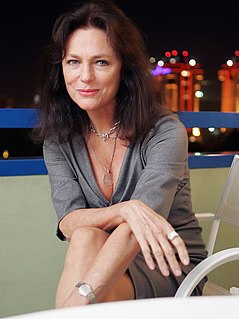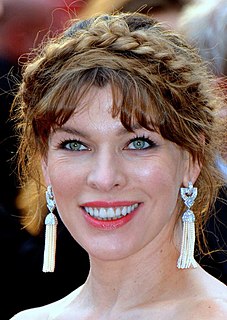A Quote by Laura Amy Schlitz
I could make up characters till the cows came home. Plot's what hard. Very hard.
Related Quotes
A Thousand Pardons began at the beginning. I wanted it to be one continuous, almost breathless kind of story. In order to do that, it's really hard not to begin at the beginning. There's such a chain of consequence to everything that happens to main characters - it's very hard to break it apart and still be able to hold the plot in your head.
There's a difference between someone who's 'harsh' and someone who is 'hard.' Life was hard. You lived in the South, as my grandparents did, and you had to survive. That is hard. In order to respond to that, he had to become a hard man, with very hard rules, very hard discipline for himself, very hard days, hard work, et cetera.
Fiction writers come up with some interesting metaphors when speaking of plot. Some say the plot is the highway and the characters are the automobiles. Others talk about stories that are "plot-driven," as if the plot were neither the highway nor the automobile, but the chauffeur. Others seem to have plot phobia and say they never plot. Still others turn up their noses at the very notion, as if there's something artificial, fraudulent, contrived.
